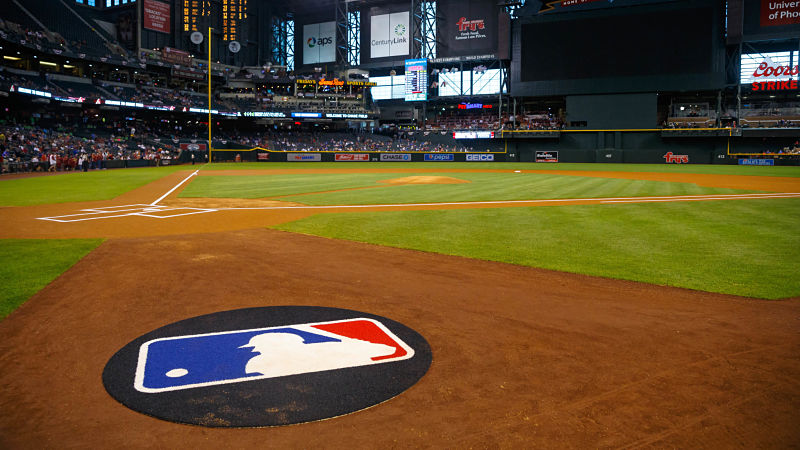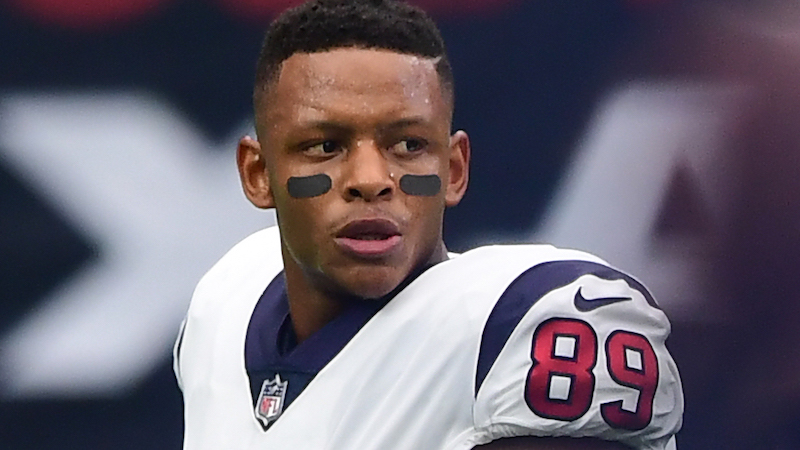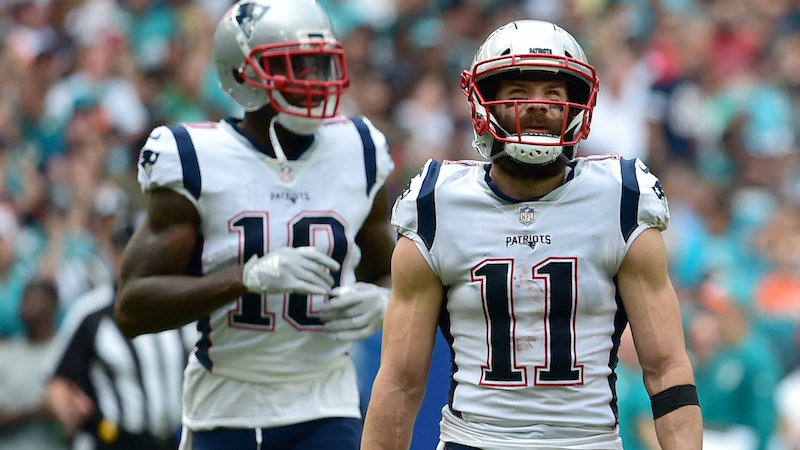The mail has been delivered, and this week's edition has touched on some Patriots draft leftovers, options at free agency and a good question about the 2012 draft.
Let's get into it.
What will the running back situation look like? Who makes the roster and gets the carries? Enough touches for all? What happens to Kevin Faulk?
–AKraus47 via Twitter
I'm very intrigued by the Patriots' new group of running backs. I think we all know what to expect from BenJarvus Green-Ellis and Danny Woodhead, and the rookies will have a similar complementary style. Stevan Ridley is a bulldozer through the tackles and Shane Vereen and will be a good backup option for Green-Ellis. Vereen figures to be a good third-down back who will be helpful on passing downs, but I'm very interested to see what he brings to the table if he gets a chance to play all three downs for a few series at a time. With those four, the brunt of the carries will still go to the guy who is running the best, and Bill Belichick will have a talented group to choose from.
I believe Faulk will return if he has recovered from his knee injury the way he hoped, and I'm sure he'll receive an open invitation to return if he wants. Faulk deserves that much. If Faulk doesn't return, it should open the door for Sammy Morris, who is another popular player in that locker room. I don't think it's a certainty the Patriots carry five running backs again, simply because the group isn't as old anymore, but Faulk and/or Morris will get their shot if they want it.
With the selection of another tight end and two running backs, is this a sign of shifting toward a more run-happy offense, or did they draft Lee Smith because (and correct me if I am mistaken here) he spent time as a pass rusher before switching to his current position? If his pass-rushing skills are substantial enough, could that be the versatility that Belichick covets pulling the trigger on this pick?
–Brood566
The Patriots definitely aren't shifting to a more run-heavy offense, but they definitely tried to be a little more balanced last season after they traded Randy Moss. With the two running backs, I compare that to what the Patriots did with the tight end position last year. They just wanted to overhaul the position and make a conscious effort to get younger there, and I think they did a great job of that.
Smith is a tenacious blocker who plays with a mean streak, but he doesn't have any experience as a pass rusher as far as I know. He was a big-time recruit as a tight end in Tennessee, so that's been his primary position for a long time (understanding that most, if not all, NFL players lined up at many positions in high school). Smith could conceivably turn into a long-term developmental prospect at tackle, but that's kind of a long shot.
What pass rushers do you think will be available to the Patriots in free agency? Do you think they kick the tires on Green Bay's Cullen Jenkins if he is available?
–Tom
Jenkins is a free agent and would be a very good option because he can play multiple spots along the line, but I have a feeling he'd garner a fairly sizable contract, maybe even in the $15-20 million range on the high side. That's probably a little more than the Patriots are willing to spend at that position because they're still confident in Ron Brace and have enough depth with Mike Wright, Marcus Stroud and possibly even Gerard Warren.
For pass-rushing options, they might look at Mathias Kiwanuka, Kamerion Wimbley, Manny Lawson or Matt Roth. Kiwanuka, Wimbley and Lawson would all be very intriguing options, and Roth is just a solid player.
Hey Jeff, I just don't get all of the negative feelings everyone seems to have with the draft picks. I like everyone else was hoping for a stud pass rusher, but if people just take a breath and really look at the picks and our current situation, things look a lot better than we may think.
–Ted
Well said, Ted. The Patriots drafted some really solid players who will help them down the line. Plus, most of those second-tier pass rushers would have been on the third, fourth and fifth tiers in many other draft classes. And don't sleep on Markell Carter and Eric Moore. Passing on defensive ends Cameron Heyward and Muhammad Wilkerson at No. 28 might come back to bite them, but otherwise, they appeared to have a good class.
I enjoy watching football, particularly the Patriots. It appeared to me that during the last several games of last season, Wes Welker got more gun-shy when catching Brady's passes, as if he feared getting immediately hit (who can blame him!)? This resulted in him dropping more passes than he normally does. He has always been so sure-handed for the Patriots.
–Ruth
Welker did seem to drop more passes than usual, and I think two things had to do with it. Mostly, he simply didn't have the same amount of space to work with over the middle of the field, as defenses bracketed Welker a lot more often. Therefore, the difficulty level increased, and the hits came a little quicker than he's been used to seeing. I also wonder if he was a little more fatigued due to the knee injury. Obviously, he looked better as the season progressed, but he wasn't able to build up his stamina with a normal offseason in 2010. I wonder if that played a small role.
Jeff, if there's no season this year and no agreement is reached, say after January, how does the league handle the draft for next year? Who picks first? Who picks last? Do they use the order in which teams picked this year?
–Kevin
The 2012 draft is not currently scheduled. The only way it will happen is if there's a 2011 season or a new CBA worked out in advance of the draft. The difference is the 2011 draft was already on the schedule when the last CBA was written in 2006, so the NFL never had to worry about missing that draft.
Let's look at one hypothetical to answer the second part of your question. If there's no season in 2011, and a CBA is agreed upon in March 2012, the two sides would have to negotiate the terms of the 2012 draft. Basically, that means there is not a concrete answer to your question. However, I'd have to believe the NFL would use the same order as the 2011 draft, which would give the Panthers the first pick again. The NFL would give each team their original picks and then decipher the trades from there — meaning, for example, the Raiders would get the 17th pick (not the Patriots, who had it in 2011 as part of the Richard Seymour trade), and the Patriots would get the Saints' 24th pick, plus their own at No. 28. There wouldn't be any compensatory picks because teams wouldn't have lost any free agents this offseason (since this offseason wouldn't have existed in this hypothetical).
That's all speculation on my part, but it's the most logical way to do it.


